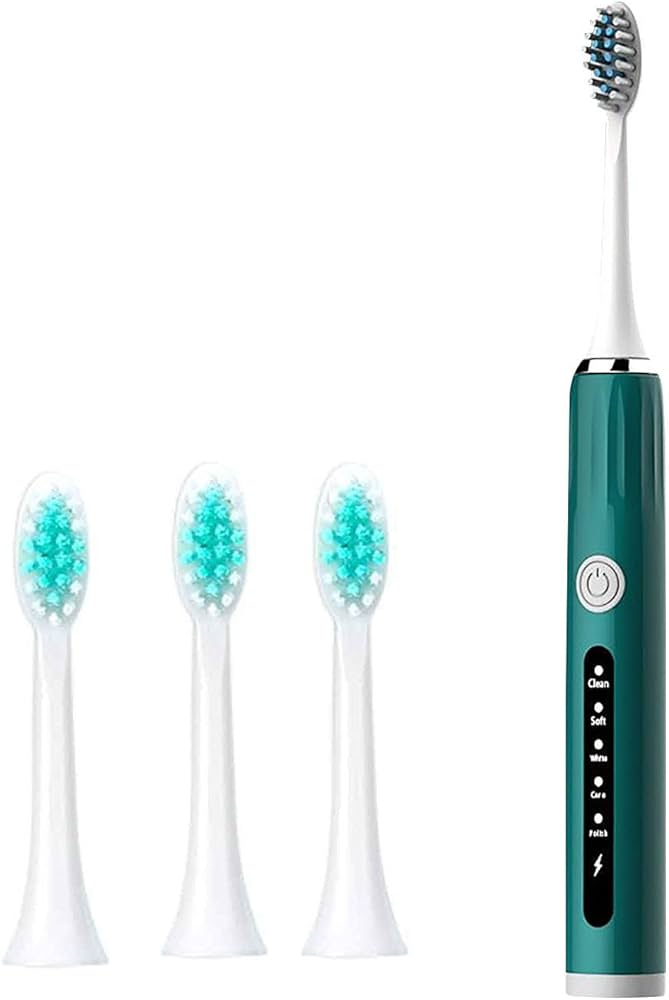
Does electric toothbrush have lithium battery?
Introduction
Electric toothbrushes have become increasingly popular due to their effectiveness in maintaining oral hygiene. One common question that arises is whether electric toothbrushes have lithium batteries. In this article, we will explore the types of batteries used in electric toothbrushes, including the presence of lithium batteries, advantages of lithium batteries, and considerations for battery safety and maintenance.
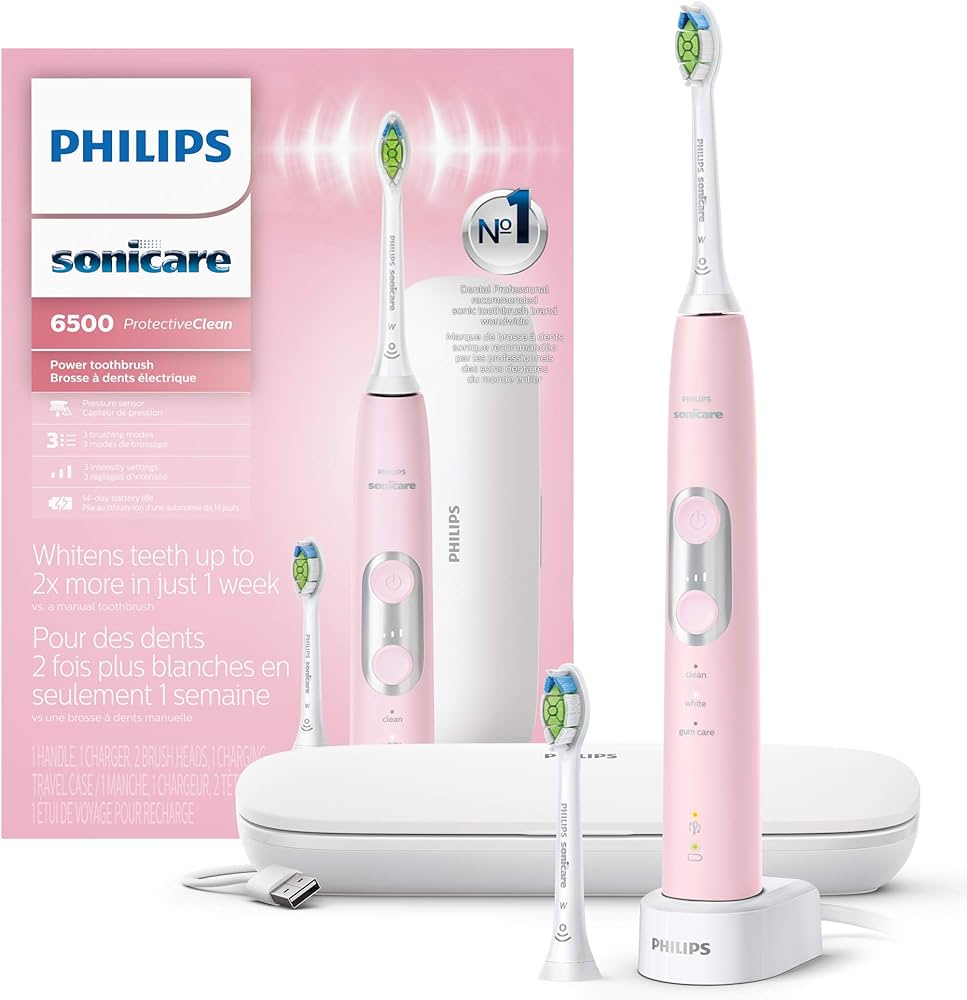
Does electric toothbrush have lithium battery?
Types of batteries in electric toothbrushes
Electric toothbrushes can use various types of batteries, depending on the model and brand. These batteries differ in terms of power output, lifespan, and rechargeability. The most common types of batteries used in electric toothbrushes are:
Nickel-metal hydride (NiMH) batteries: NiMH batteries are commonly found in electric toothbrushes. They are rechargeable and provide a good balance between power output and cost-effectiveness. NiMH batteries are known for their long lifespan and ability to hold a charge for extended periods.
Nickel-cadmium (NiCd) batteries: Although not as common as NiMH batteries, some older electric toothbrush models may still use NiCd batteries. These batteries are rechargeable but have a lower capacity and are less environmentally friendly due to the presence of toxic cadmium.
Lithium-ion (Li-ion) batteries: Lithium-ion batteries are increasingly being used in modern electric toothbrushes. These batteries offer several advantages, including higher energy density, longer lifespan, and faster charging times.
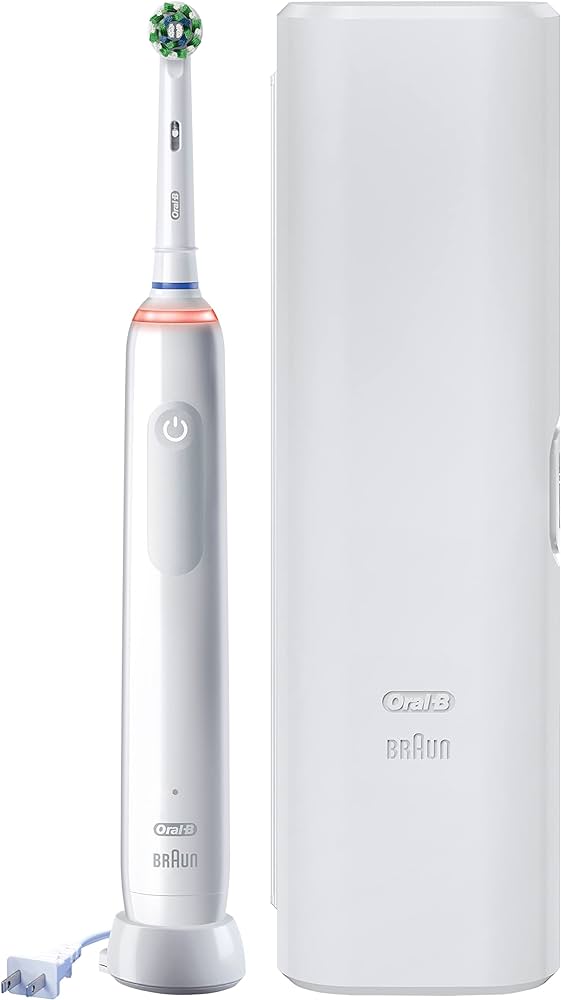
Advantages of lithium batteries in electric toothbrushes
Electric toothbrushes that utilize lithium-ion batteries offer several advantages over other types of batteries:
Higher energy density: Lithium-ion batteries have a higher energy density, which means they provide more power in a smaller and lighter package. This allows manufacturers to design electric toothbrushes that are more compact and portable.
Longer lifespan: Lithium-ion batteries have a longer lifespan compared to other battery types, such as NiMH or NiCd. This means that they can withstand a greater number of charge cycles before needing to be replaced. The extended lifespan of lithium batteries contributes to the overall longevity of the electric toothbrush.
Faster charging times: Lithium-ion batteries can be charged more quickly than other battery types. This is beneficial for individuals who may have limited time or who prefer to have their toothbrush ready for use in a shorter amount of time.
Maintenance-free: Lithium-ion batteries are virtually maintenance-free. They do not require any specific maintenance procedures, such as conditioning or deep discharge cycles, to maintain their performance. This convenience makes them a popular choice for modern electric toothbrushes.
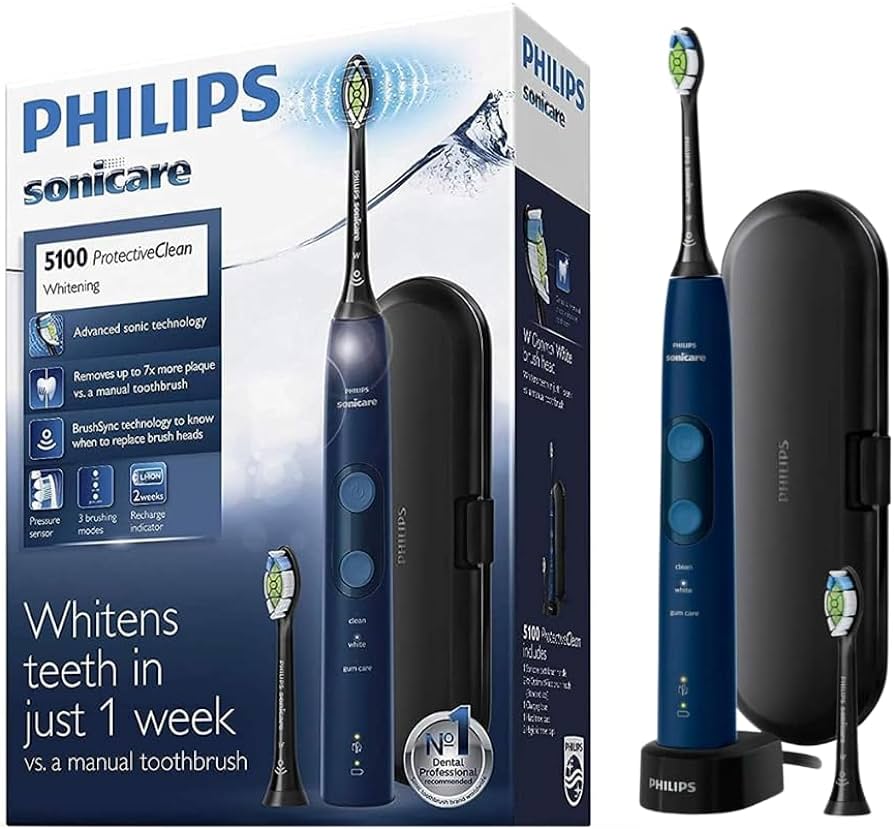
Battery safety and maintenance considerations
While lithium-ion batteries offer several advantages, it is important to consider battery safety and maintenance:
Avoid overheating:
Like all rechargeable batteries, lithium-ion batteries can be susceptible to overheating if exposed to extreme temperatures or subjected to physical damage. It is important to store and use the electric toothbrush within the recommended temperature range and avoid exposing it to direct sunlight or excessive heat.
Prevent overcharging:
Overcharging a lithium-ion battery can lead to reduced battery life or, in extreme cases, safety hazards. Many modern electric toothbrushes have built-in safety mechanisms to prevent overcharging. It is important to follow the manufacturer’s instructions regarding charging times and avoid leaving the toothbrush connected to the charger for an extended period.
Dispose of properly:
When the lithium-ion battery in an electric toothbrush reaches the end of its lifespan, it should be disposed of properly according to local regulations. Recycling programs or designated drop-off locations can ensure that the battery is recycled in an environmentally responsible manner.
Follow manufacturer recommendations:
To ensure optimal battery performance and safety, it is important to follow the manufacturer’s recommendations regarding charging, maintenance, and replacement of the battery. This information can typically be found in the user manual or on the manufacturer’s website.
Safe storage during travel:
When traveling with an electric toothbrush, it is important to ensure the battery is safely secured to prevent any accidental activation. If the toothbrush has a removable battery, it is generally recommended to remove it and pack it separately to minimize any potential risks during travel. If the toothbrush has an integrated battery, ensure the power button is locked or deactivated to prevent unintended activation.
Follow airline regulations:
If you plan to carry your electric toothbrush in your carry-on bag during air travel, it is crucial to familiarize yourself with the regulations of the specific airline you are flying with. Different airlines may have their own rules regarding the transportation of electronic devices and batteries. Familiarize yourself with any restrictions or requirements, such as the need to remove the toothbrush from your bag during security screening.
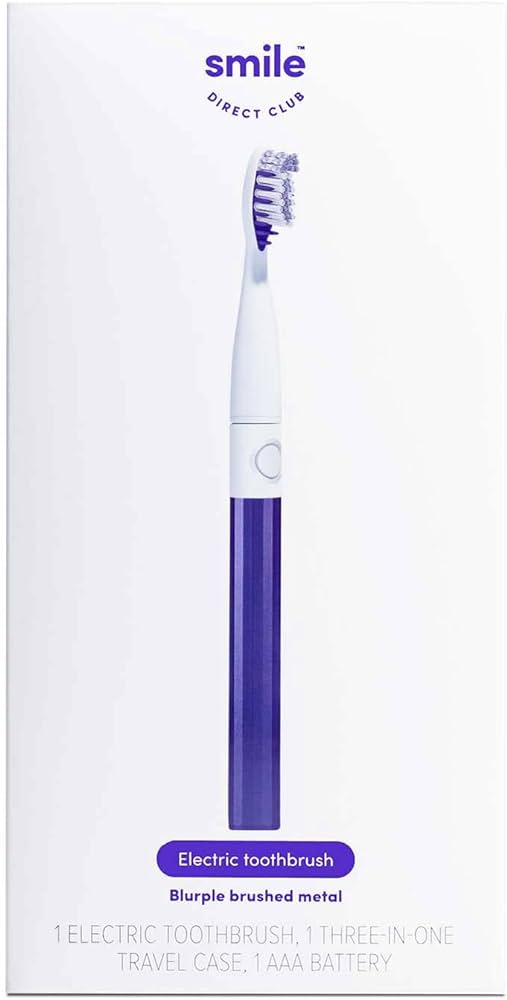
Charging considerations:
Additionally, it is advisable to avoid charging the toothbrush overnight or for an extended period to prevent overcharging.
Replacement interval:
While lithium-ion batteries have a longer lifespan compared to other battery types, they will eventually degrade over time. It is important to monitor the performance of the electric toothbrush and consider replacing the battery or the entire toothbrush when the battery no longer holds a charge effectively or the overall performance is significantly diminished. Consult the manufacturer’s recommendations for the recommended replacement interval specific to your toothbrush model.
Recycle responsibly:
When the lithium-ion battery in the electric toothbrush reaches the end of its lifespan or if you choose to replace the toothbrush, it is important to dispose of the battery in an environmentally responsible manner. Lithium-ion batteries should be recycled rather than thrown in the regular trash. Many communities have designated recycling programs or drop-off locations for batteries. Check with local recycling centers or municipal waste management authorities for guidance on proper battery disposal.
Manufacturer support:
The manufacturer can provide specific information regarding battery safety, maintenance, and any additional guidelines or recommendations specific to their toothbrush model.
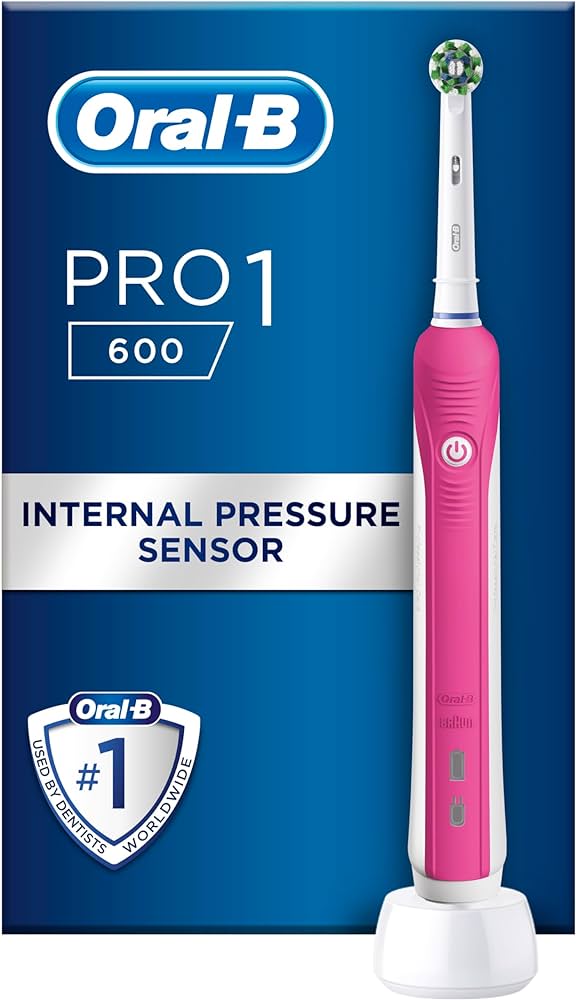
Conclusion
Electric toothbrushes can use different types of batteries, including nickel-metal hydride (NiMH), nickel-cadmium (NiCd), and lithium-ion (Li-ion) batteries. While NiMH and NiCd batteries are commonly found in electric toothbrushes, lithium-ion batteries are increasingly being used in modern models. Lithium-ion batteries offer advantages such as higher energy density, longer lifespan, and faster charging times. It is important to consider battery safety and maintenance when using electric toothbrushes with lithium-ion batteries, including avoiding overheating, preventing overcharging, and disposing of batteries properly. Following manufacturer recommendations can help ensure the optimal performance and longevity of the battery in an electric toothbrush.




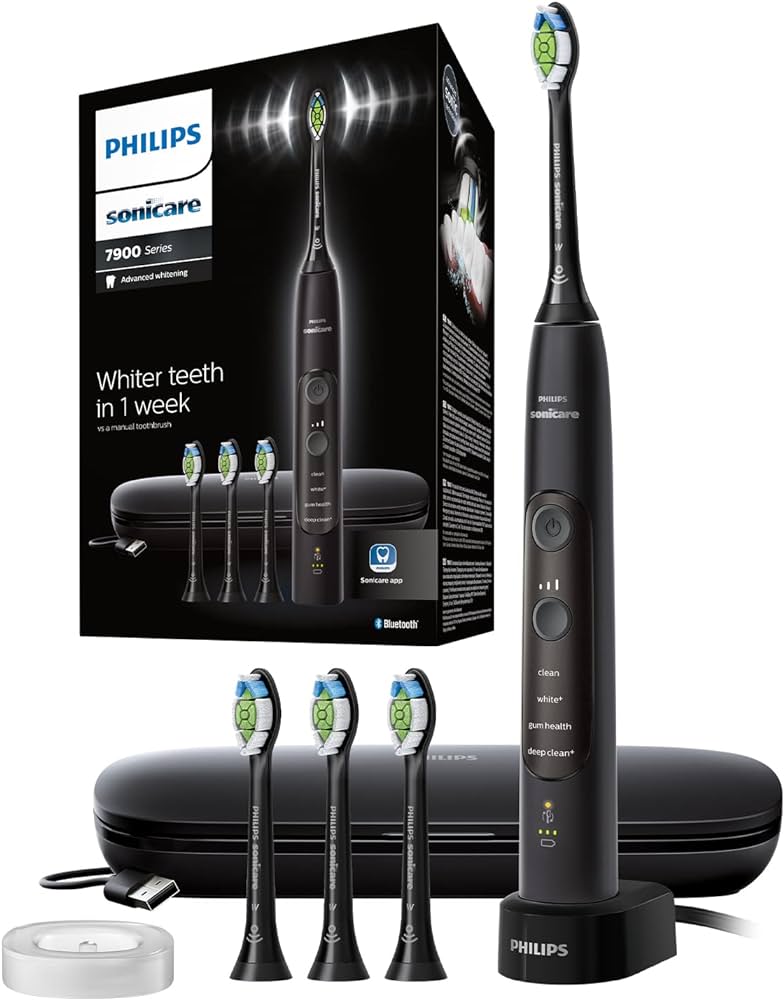

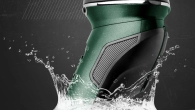
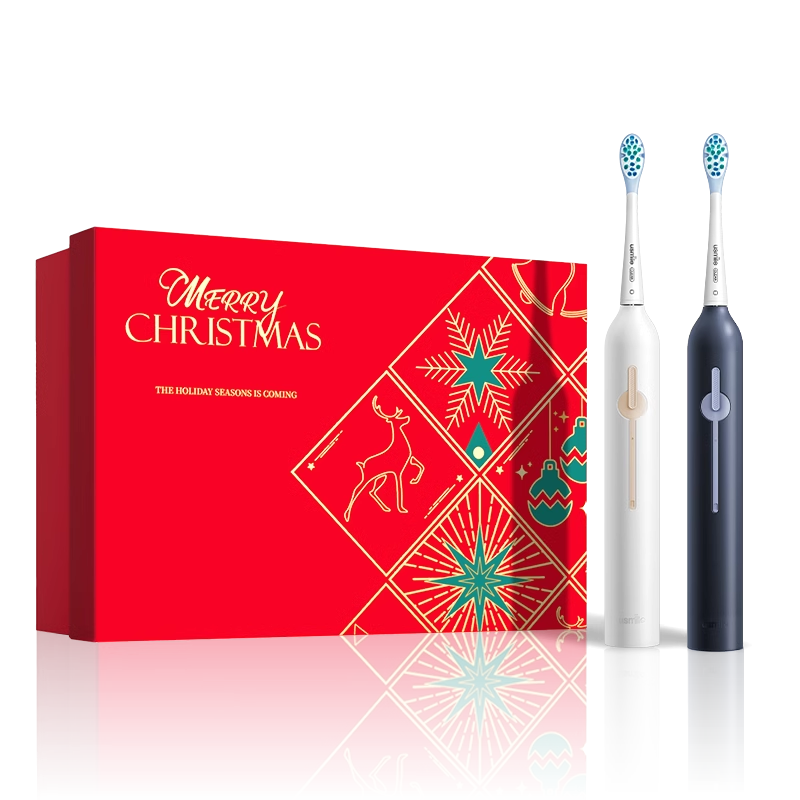
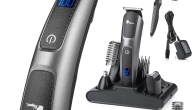
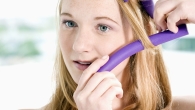
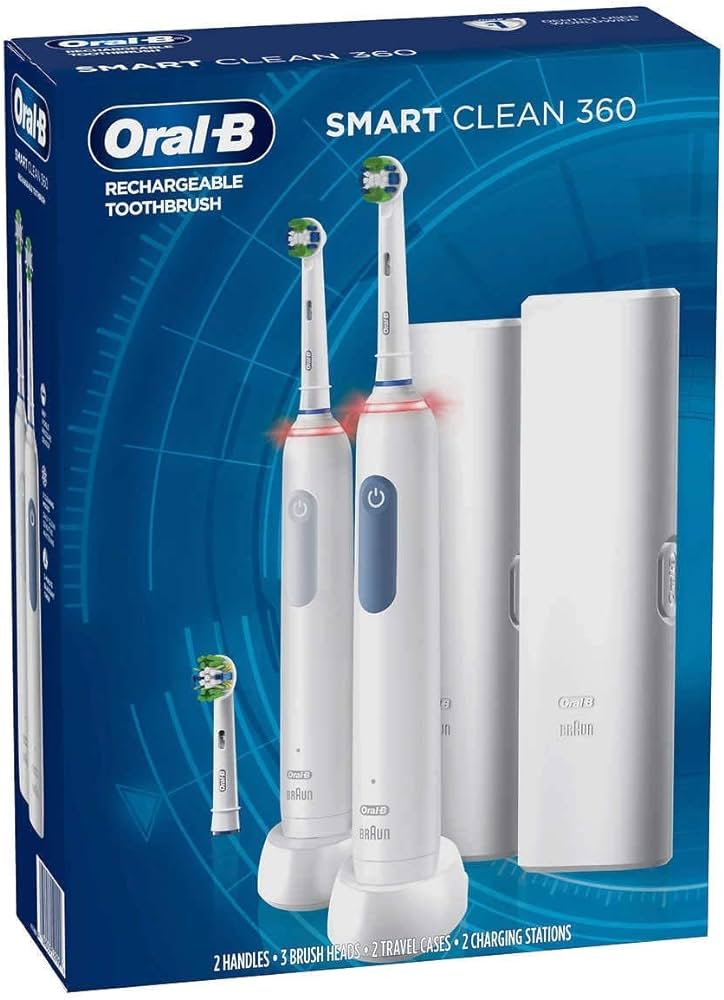

Leave a Reply
You must be logged in to post a comment.